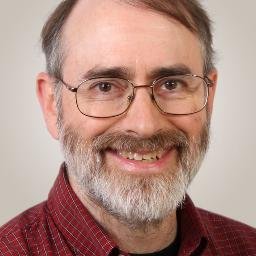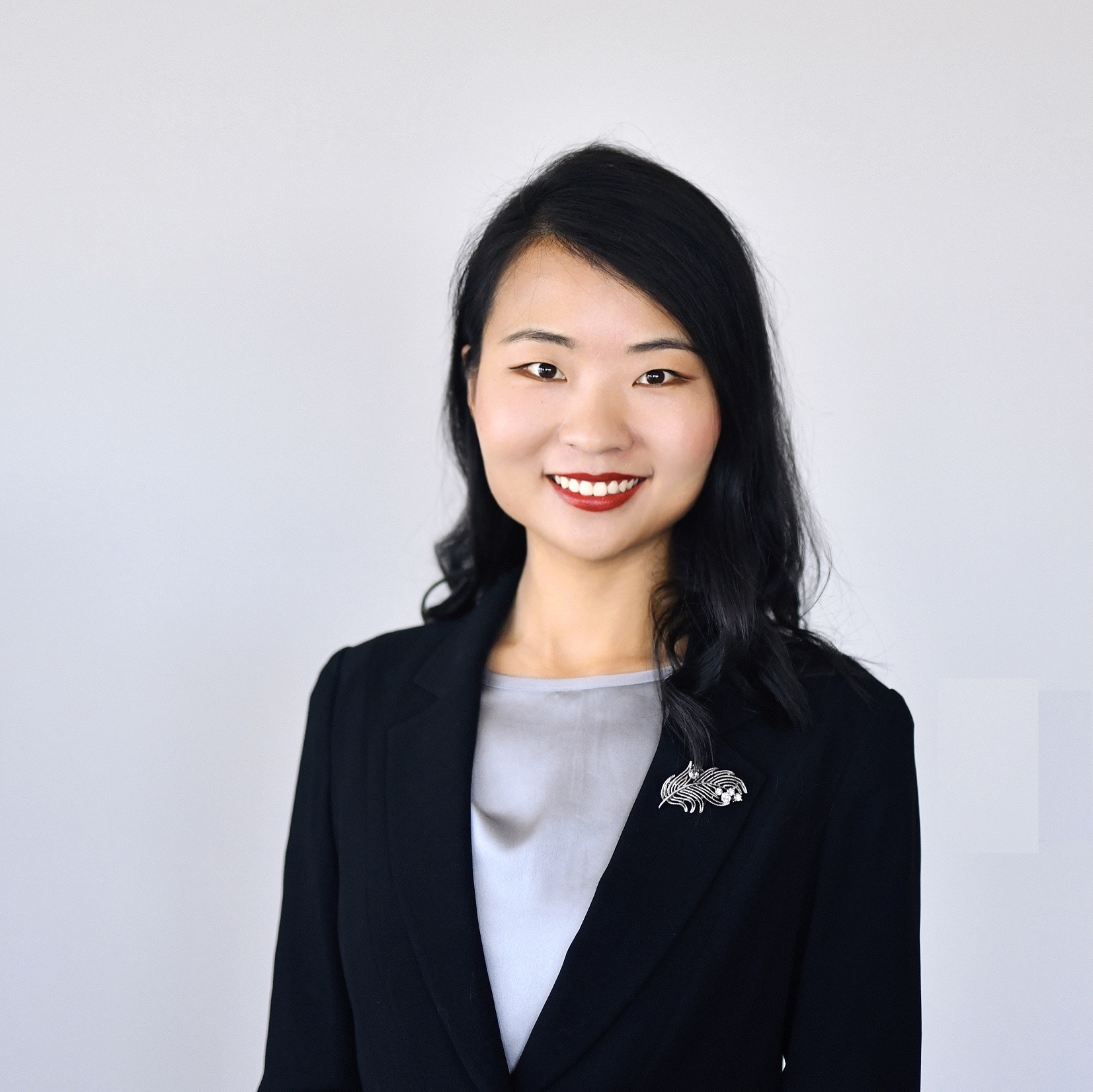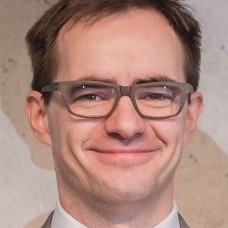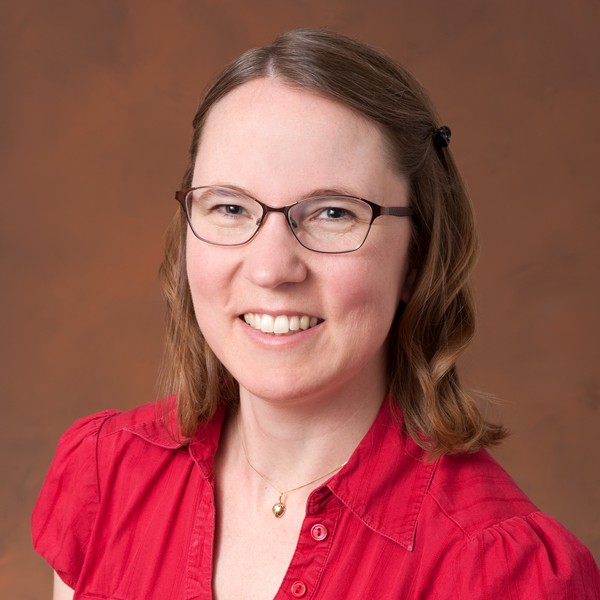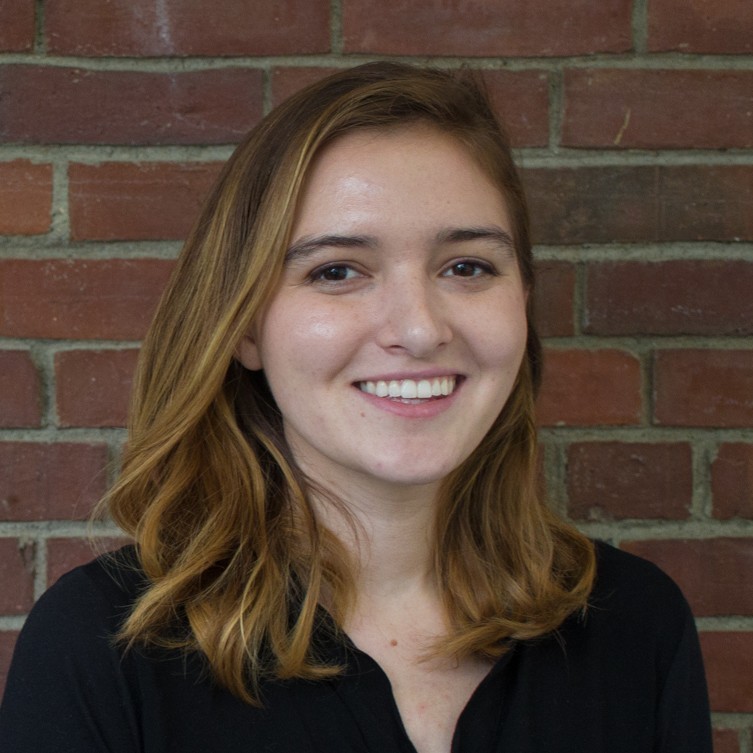Introduction
Automatically detecting anomalies and distribution shifts is an essential aspect of modern science. For example, anomaly detection is used to search for new fundamental particles and forces of nature, anomalous galactic activities, novel molecular dynamics, and new medical conditions. Concurrently, the machine learning community is also interested in anomaly/out-of-distribution detection problems. The effectiveness and robustness of computational pipelines and autonomous systems must be ensured by inspecting and validating incoming data. Unfortunately, machine learning research in these areas is often disconnected from real-world applications, and limited to the common MNIST and CIFAR benchmarks. This initiative aims to bridge this gap, facilitating conversation between machine learning researchers and domain scientists. The goal is to forge collaborations by introducing the former to impactful applications and exposing the latter to useful methodologies and computational tools. The practical side of in-the-wild anomaly detection will also be discussed, with topics including model design, data pipelines, model validation, experimental process, and common pitfalls.
